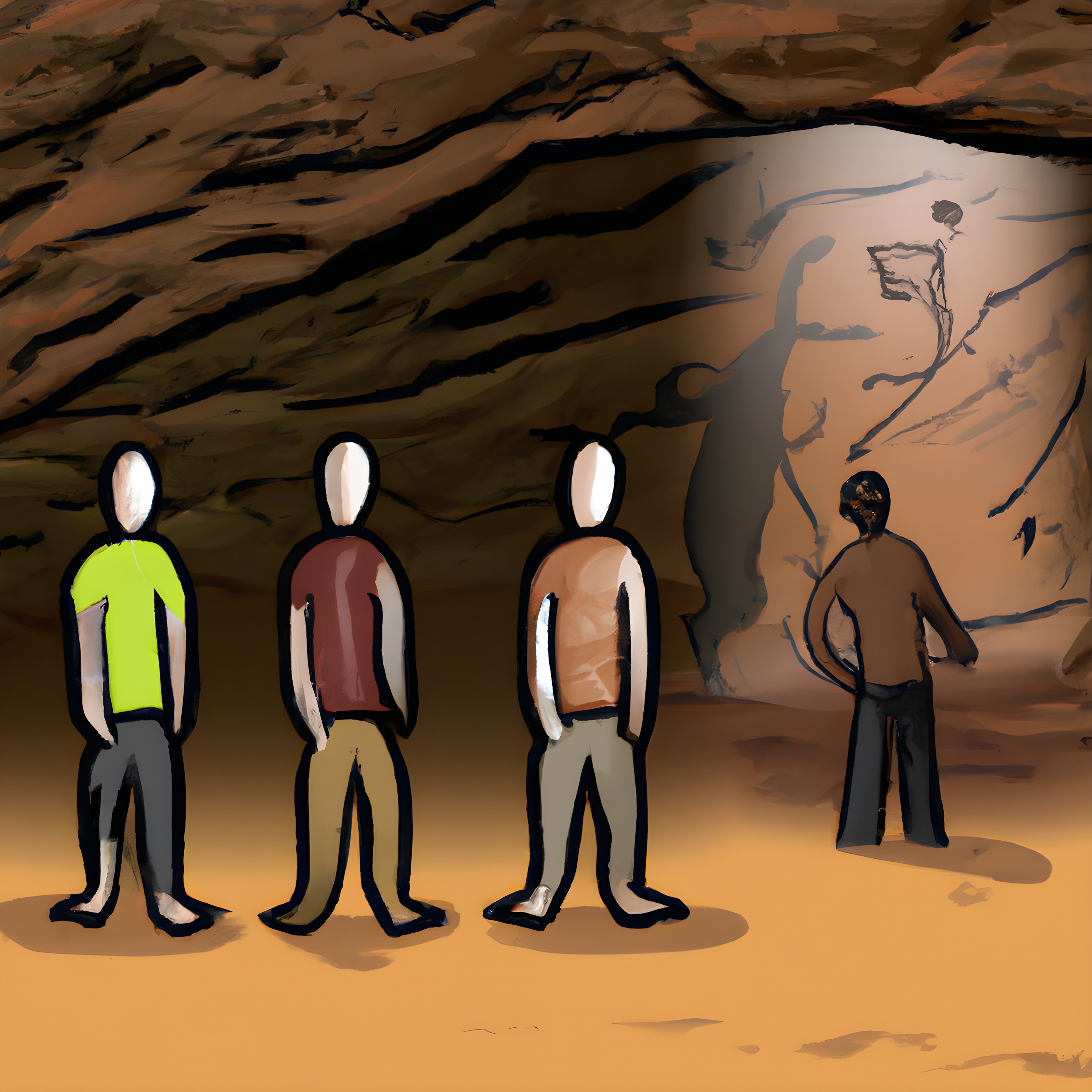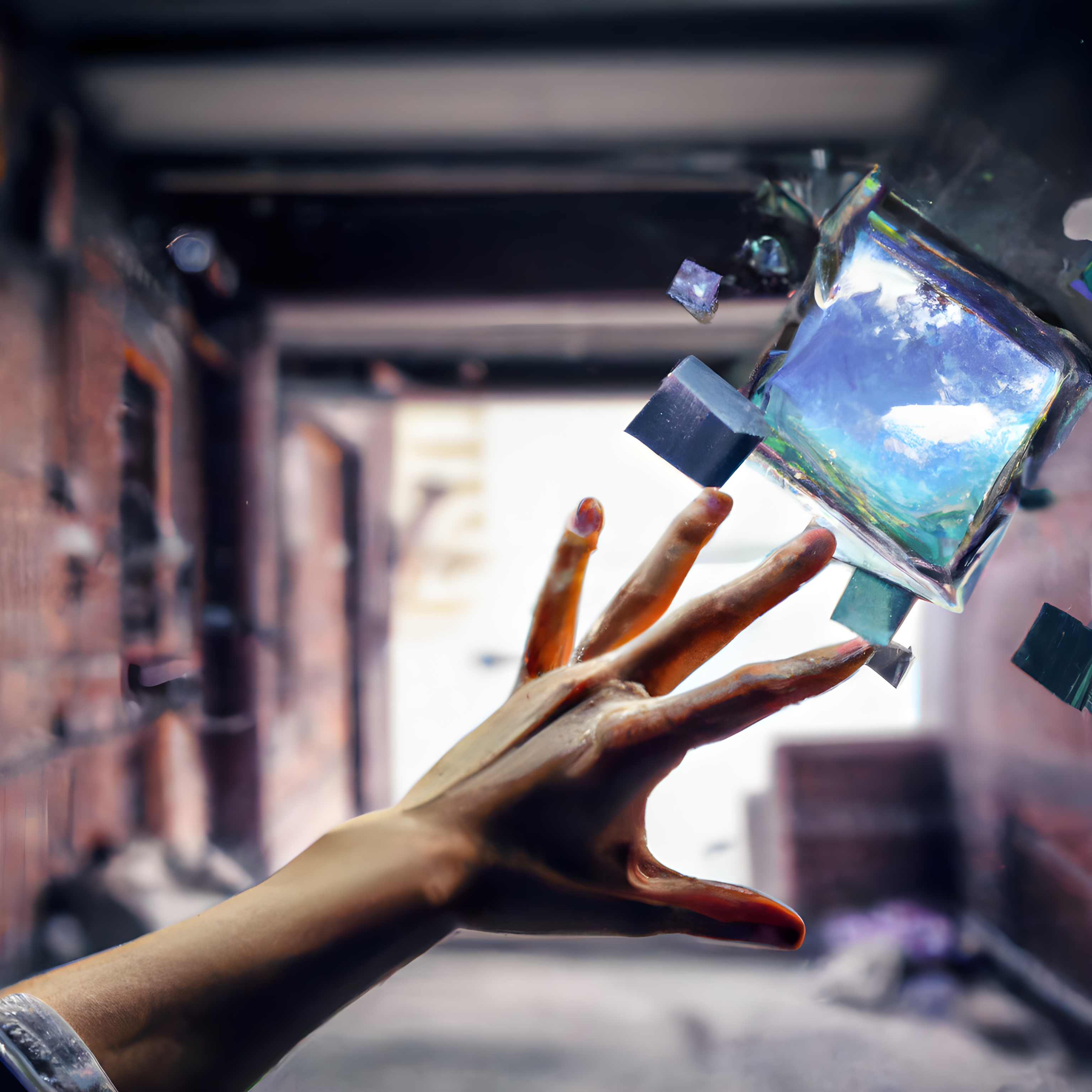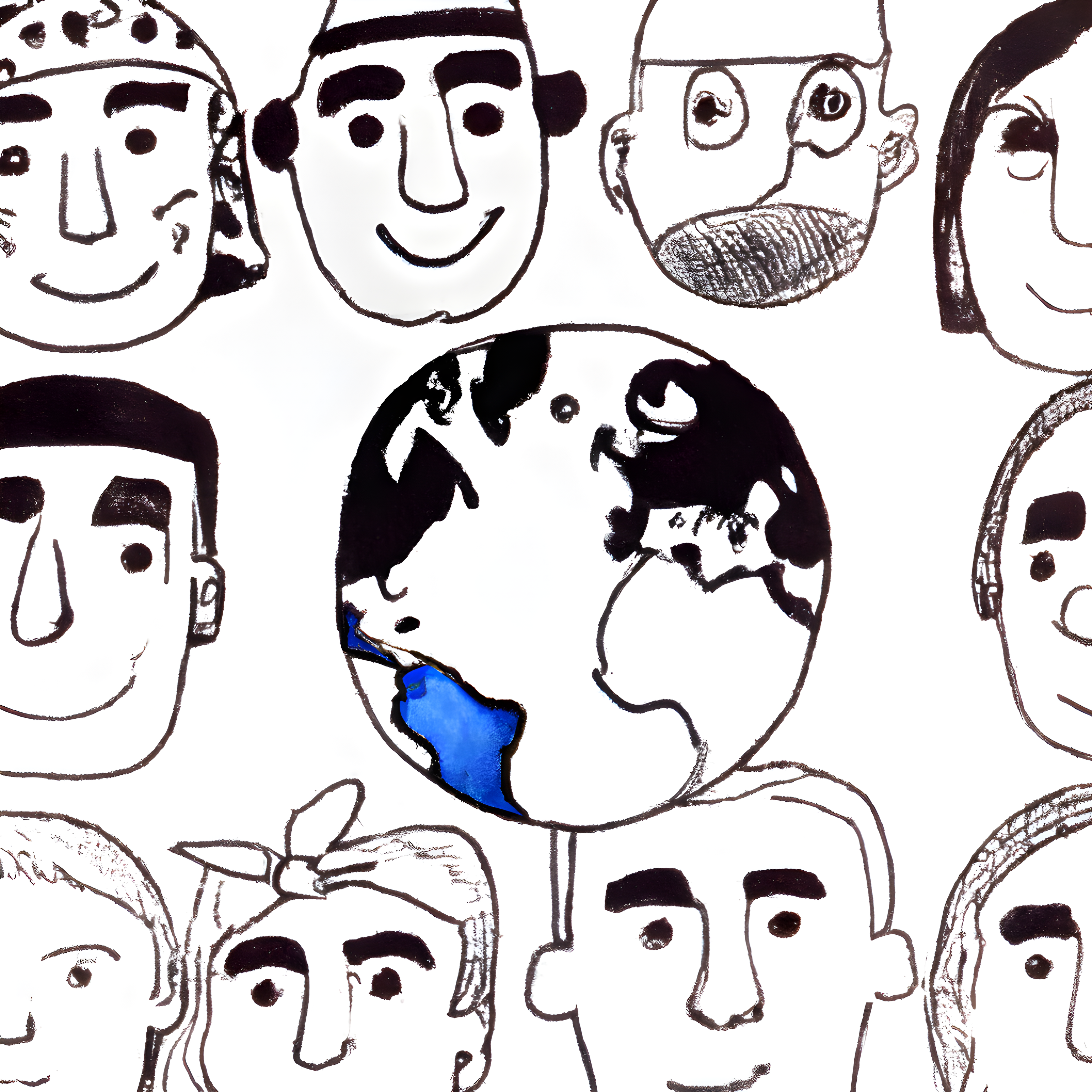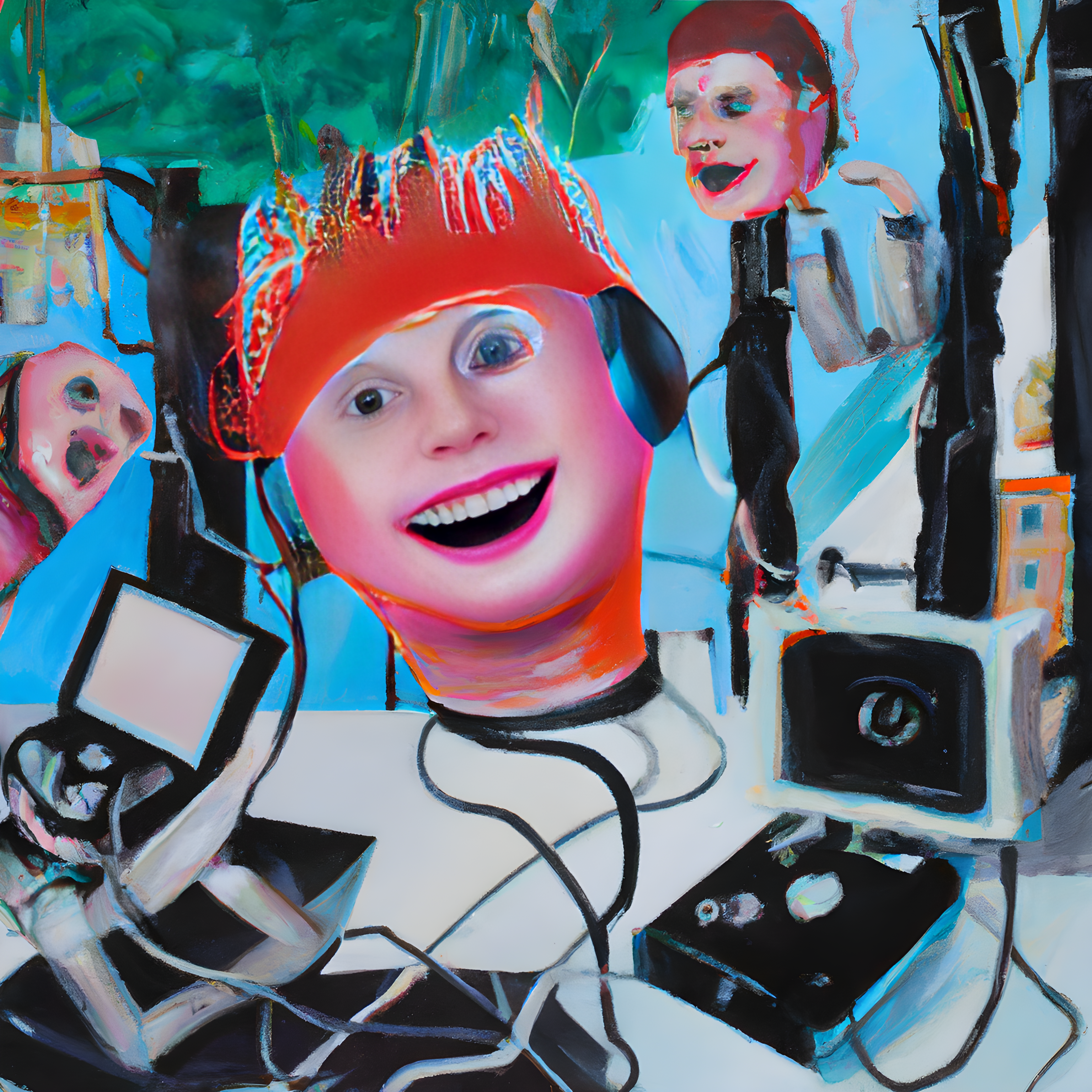What is reality
In our first post of 2023, we look at the new world of Artificial Intelligence (AI) against the background of one of the oldest philosophical parables from Plato. We conclude, true to one of the purposes of this blog, that human reality is different everywhere. We all must do more to acknowledge and respect that.

‘Plato's cave’ is a metaphor for the way in which we perceive reality. In ‘The Republic’, Plato imagines prisoners who have been in a cave since childhood. They can only see the wall of the cave in front of them and cannot look around or behind them. But, behind the prisoners, there is a fire, and between the fire and the prisoners, there are puppeteers who hold up various objects, such as animals and people. The shadows of these objects appear on the wall in front of the prisoners. Because the prisoners have never seen anything else, they believe that the shadows are reality. According to Plato, we are like the prisoners in the cave, seeing only the shadows of reality and not reality itself. Plato believed we can only see reality by turning away from the shadows on the cave wall and looking at the world outside the cave. Orson Welles describes cave theory brilliantly in this short video.
What is reality?
Reality is the state of things as they are, rather than how they seem to be. Reality is everything that exists in the universe, whether we are aware of it all or can perceive it.
Simulated realities in movies like "The Matrix" and the Netflix series "1899," suggest that what we perceive may not be real, but a simulated or virtual reality created by an advanced intelligence or technology. It is a thought-provoking idea but belongs firmly in fiction – for now.
(However, Psychology Today has some interesting thoughts about dreaming and the extent to which some people have dreamed ‘reality’. “I remember in one of my own dreams, realizing that it was a dream and then marvelling at how solid and real the cell phone in my hand still felt.”)

Indeed, we humans have invented many ‘realities’ that exist only in our minds.
These include nation states, laws and regulations, limited companies and what we call ‘morality’, for example. Some argue that the world’s religions, too, are created by us. We have faith in the institutions that we have created. They are, by one definition, ‘real’ because they have a tangible impact on our lives and the functioning of our societies.

However, our perception even of these realities, may not be an accurate representation of the world outside our minds that exist inside our ‘Plato’s cave’. Our senses may be deceived, and our brains interpret information in ways that may not be accurate. Our perception of reality is influenced by our beliefs, expectations, and past experiences: our culture. To understand reality better, we need to accept the limitations of our culture and use other ways to verify and test our perceptions. This will help us better understand the world around us and make more informed decisions and judgments.

Thus, we may believe our own culture and ideas to be reality – and so they are – but only for us. Others have quite different ideas: these reflect their reality.
But how can we check our reality and acknowledge others’? Can AI help?
Artificial Intelligence (AI) receives a lot of attention today. Not only companies, but individuals can now access simple-to-use programmes to help them on many tasks. Can AI help us verify our perception of reality? One of the most talked about AI programmes today is ChatGPT. Here’s what it replied to my question about its ‘beliefs’:
...My responses are based on the knowledge and information that has been programmed into me, and I have been trained on a large dataset of text from a variety of sources in order to learn about the world and how to generate coherent and informative responses to questions.
However, it is important to recognize that I am not a human and do not have the same level of understanding or experience as a human being…In addition, it is always a good idea to verify information from multiple sources, especially when seeking answers to important questions or making important decisions. This can help to ensure that you have a well-rounded understanding of the topic and can make informed decisions based on the most accurate and reliable information available.

An honest answer, my virtual friends. I particularly like the point about seeking multiple sources of information before making up one’s mind. In any case, relying on AI has other risks, including becoming dependent on it, bias (from the creators), and discouraging thinking.
Step outside your cave
So, what do we need to do to accept the reality of other cultures and beliefs? Here are a few ideas for those who want to do so:
- Educate yourself. Learn about the history, customs, and beliefs of other cultures to understand and appreciate their differences and similarities.
- Be open-minded. Everyone has their own experiences and perspectives. There are no global ‘rights’ or ‘wrongs’.
- Put yourself in the shoes of someone from another culture. Try to understand how they may feel or think about certain situations, especially if they differ from your own views and experiences.
- Look for opportunities to interact with people with different beliefs. Travel, join a club, read about them, or seek out friendships with people who are different from you.
- Be open to new ideas: challenge your own beliefs and try new things. By being open to new ideas, you will broaden your own perspectives.
The key to accepting other cultures is to approach them with respect, curiosity, and an open mind.

We all, including me, live inside our own caves. We must get out more.
(Except for one cartoon, I produced all the art in this post ‘myself’, using an AI programme called artssy)
Worked on the article:

Wanlikhang






